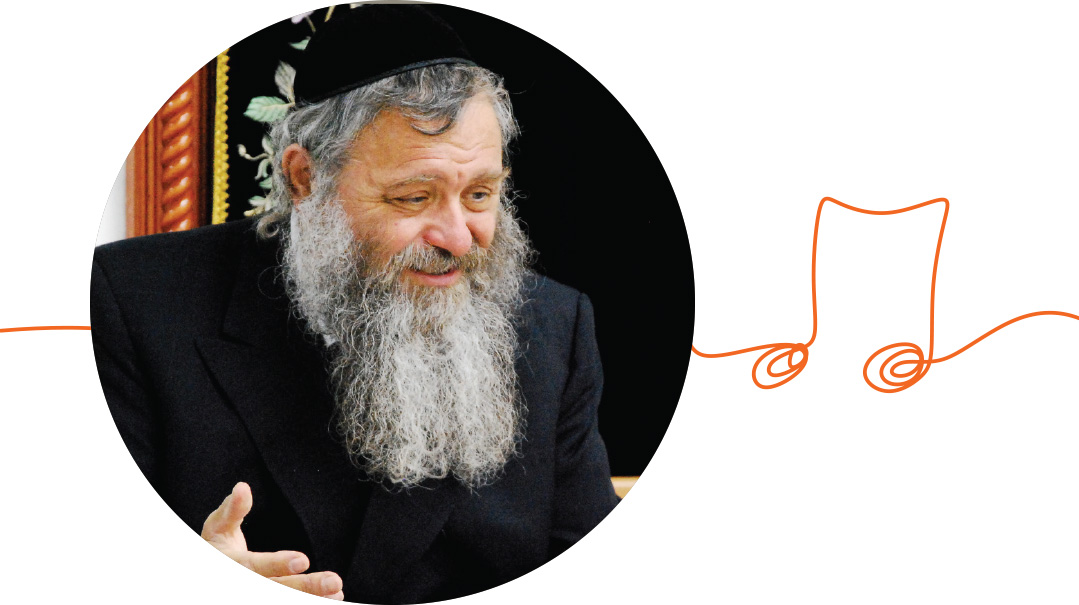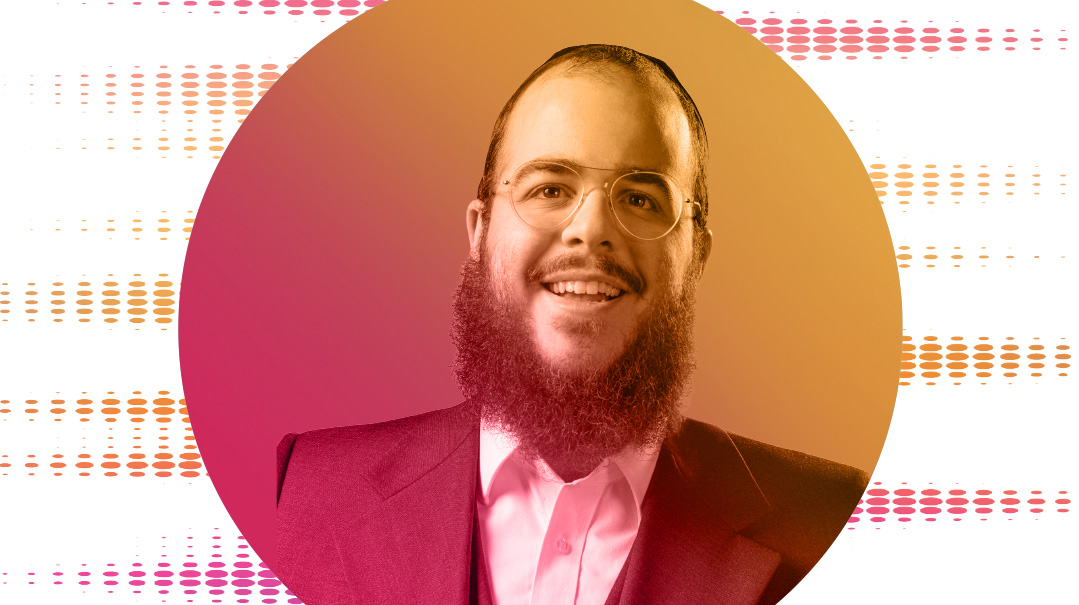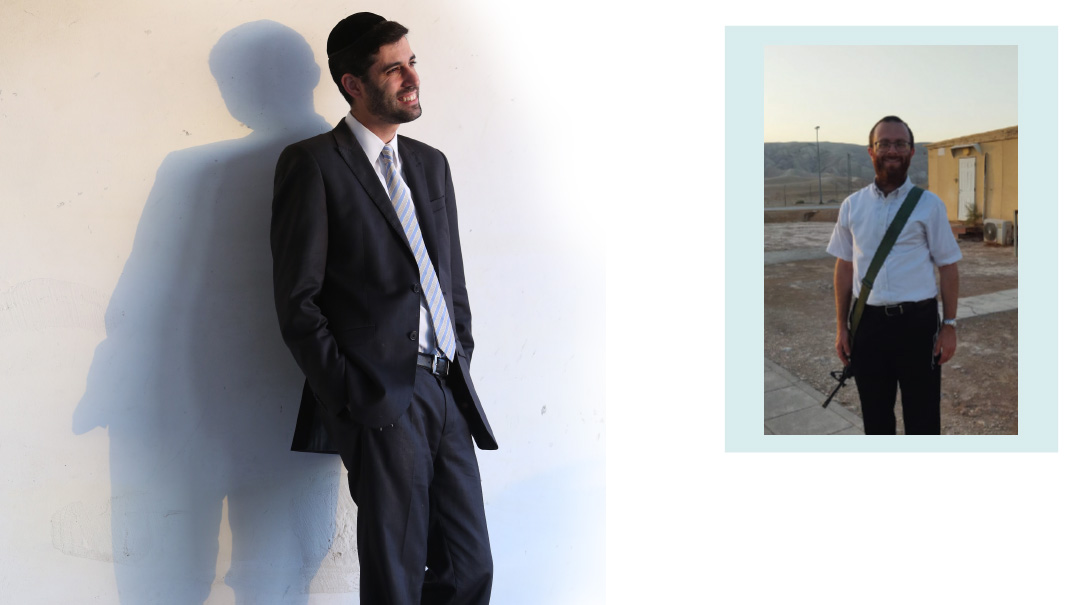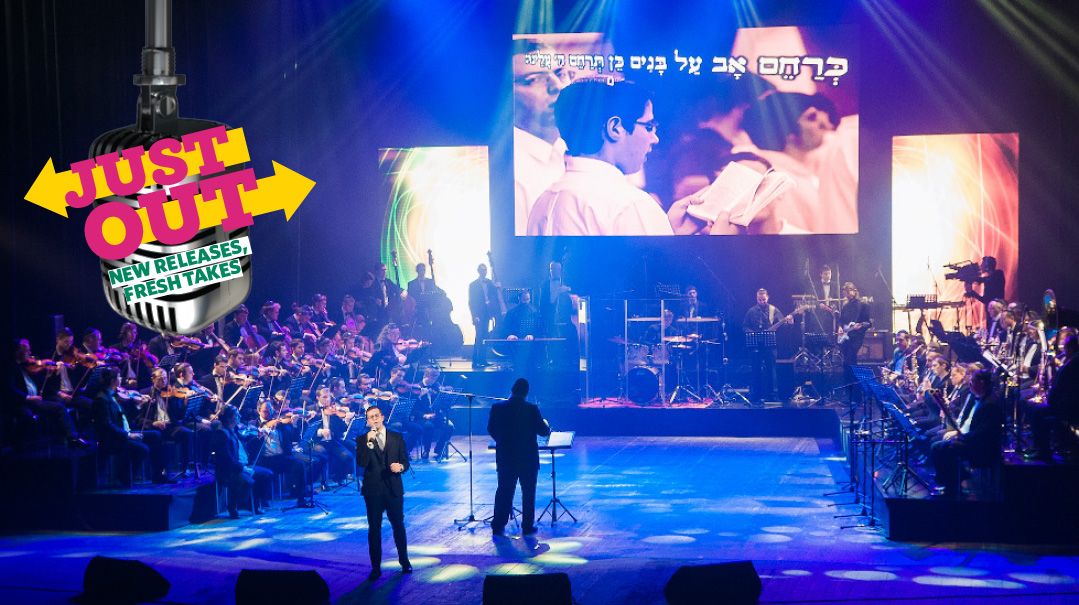Songs to Learn By: I’m Not an Entertainer
| May 11, 2021Some of the Jewish music world’s most talented composers are also marbitzei Torah.... it’s about letting everyone hear the soundtrack of the beis medrash

It was his rebbe, Rav Shlomo Freifeld, who told RAV SHMUEL BRAZIL not to perform music on stage. “He felt that you could be mekarev people in a kumzitz, but not on stage,” says Rabbi Brazil, rosh yeshivah of Zeev HaTorah in Jerusalem, former rebbi in Shor Yoshuv and composer of hundreds of songs on 20 albums. Over five decades, he’s followed that directive. “Also,” he explains, “at a kumzitz you’re not singing alone, and are less likely to fall into the trap of gaavah. When I start a kumzitz I always tell the guys that this is not entertainment and I am not an entertainer — they have to sing along with me.”
Sometimes it is the pure joy of a special moment that inspires a niggun. The famous “Shalom Aleichem” from Regesh 3 — Shabbos was composed by Rav Brazil one Shabbos 50 years ago. He describes the niggun as a miracle — “I just started singing it!” — and then waited another eight years to release it on the Shabbos album.
“A turning point for me was the day that I got a phone call on the payphone at Yeshiva Shor Yoshuv, where I was a rebbi,” Rav Brazil recalls. “Someone called me to the phone and it was Reb Josh Silbermintz. I didn’t know him, and he didn’t know me, but he’d called up to thank me ‘for the tovah I did for Klal Yisrael by giving them Shalom Aleichem.’
"‘What do you mean, everyone has their Sholom Aleichem,’ I replied. And he told me that the widespread melody used in most non-chassidish households for Shalom Aleichem had been composed by a Conservative cantor and that had always bothered him, so he was glad I had composed my tune.”
Rav Brazil is a beis medrash Yid through and through, regardless of his popularity. And there’s no song that reflects that as much as “Yesod Hachassidus Veshoresh Ha’avodah,” a fruit of learning in the beis medrash, as Rav Brazil sat and repeated to himself the first line of the Sefer Mesillas Yesharim again and again. Soon the repetition became a tune, and inspired a complex, four-part niggun that appears on Regesh Vol 11.
The emotions that welled up at the climax of Camp Simcha’s Shabbos for bereaved parents brought Rav Shmuel Brazil to compose another of his beautiful niggunim. “I was once invited to attend a special Shabbos of chizuk for parents who had lost a child. It was a very intense Shabbos, with various speakers, as well as parents sharing their own stories. By the time Shalosh Seudos came around, with an address by the Stuchiner Rebbe, things had come to an emotional climax.”
Rav Brazil was scheduled to lead a kumzitz on Motzaei Shabbos. Half an hour before he was supposed to play, the inspiration and emotions brought him to a song for the words “Gam ki eilech begei tzalmaves,” reflecting the faith of these parents who had faced the petirah of a child, yet felt Hashem’s loving Presence. Five minutes later, he was on the phone, dialing his house. The phone rang unanswered, and the answering machine switched on. Rav Brazil sang the song into it. Without a tape recorder or knowledge of musical notation, that was how he could ensure the composition would not be forgotten.
“I sang ‘Gam Ki Eilech’ as the first song that night. I told them that the niggun was their inspiration, and we all sang it together. I’d learned so much from that olam.”
(Originally featured in Mishpacha, Issue 860)
Oops! We could not locate your form.






